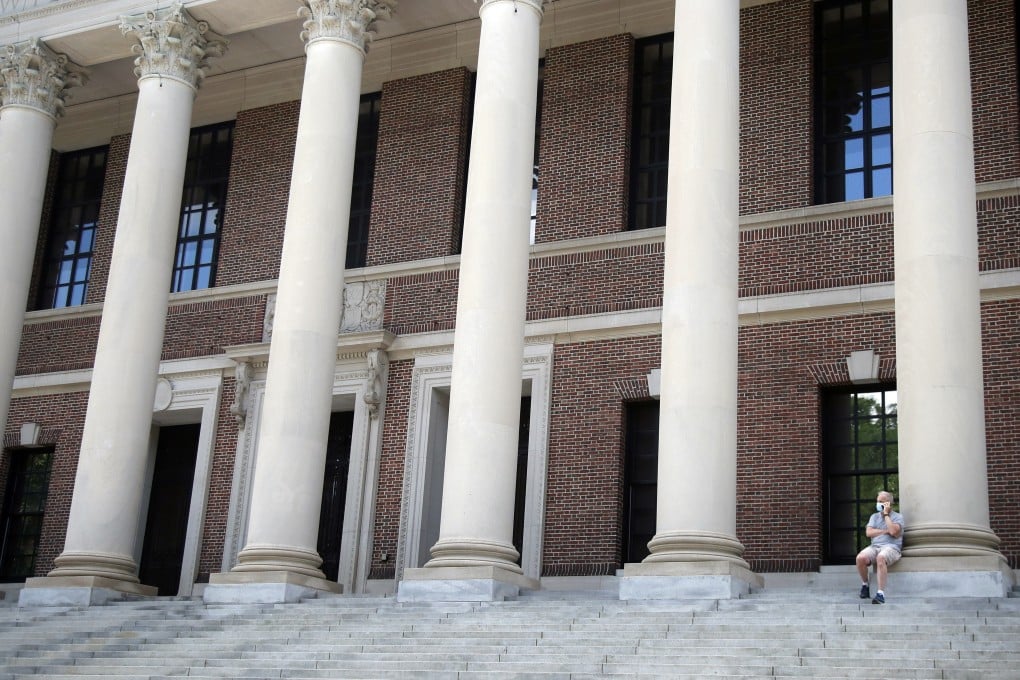Trump’s limits on international visas unnerve Chinese students in US
- A suspension of foreign work visa programmes and a new bar on foreign students at schools with online classes are just the latest restrictions
- ‘My sense of crisis has been building for a while,’ one recent graduate says

Trump’s executive order last month doesn’t affect those now in the United States – but those with visas worry they will one day be deprived of their legal status. And Chinese students in the country – nearly 370,000 – face new uncertainty about their academics and future employment.
“I know whatever [Trump] does is going to be detrimental,” says Darren Li, 26, a recent graduate who now works as a tax consultant in San Francisco. “My sense of crisis has been building for a while.”

Li, who is from Guangzhou, is not directly affected by Trump’s newest policies but, like many others, he senses a looming threat.
He is on the third and final year of his “optional practical training” (OPT) status – an extension of his student visa – and is waiting for US immigration authorities to approve his application for an H-1B visa. That would allow him to work in the US for up to six years.
